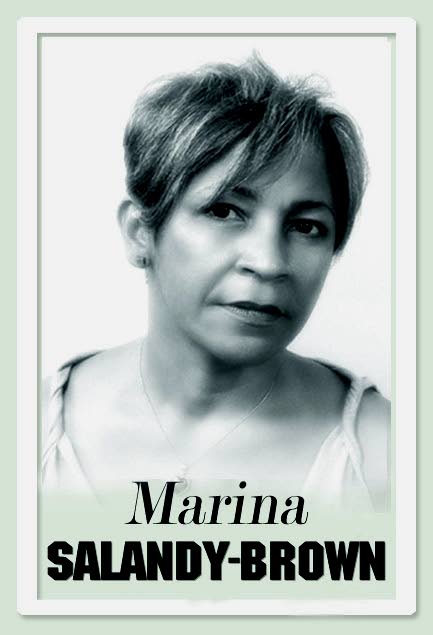PoS, City of Literature?

Over the last week and ending today, Port of Spain has been playing host to a bevy of extraordinary writers, all here to attend the NGC Bocas Lit Fest, TT’s annual literary festival, now in its ninth year and always occurring before the rainy season in the last week of April.
Thousands of literary events take place every year around the globe, some of them have happened annually for the last 70 years, but in the last 20 years there has been a surge in the numbers. This development matches a growth in what a new cultural report: Cities of Literature: Initiatives, Impacts and Legacies, published by the British Council, describes as “the association of creativity and the cultural sector with development and prosperity of cities – rooted in the belief that cultural life makes an urban environment attractive, brings innovation into all aspects of the city development and builds community cohesion.”
As the report rightly states, literature is the least flashy of the arts, not a highly visible art form, not spectacular, and it does not always lend itself to large-scale, city-wide interventions, yet the number of literary festivals continues to grow. Why should that be? The report includes a case study of TTs NGC Bocas lit fest in arriving at an answer to that question and also in an examination of the contribution literature can make in large-scale cultural interventions and urban policy more broadly.

On an economic level, literary festivals are a critical part of the publishing business, as they help to sell books, thereby expanding the market, and they can also help drive the tourism industry, as cities like Edinburgh do, year-on-year. Beyond the economic, they allow readers and writers to connect, to mutual benefit, and actively aid in writer and reader development. TT’s festival has brought our literary talent to the world’s attention and also attention to the capital city of Port of Spain, to the extent that Port of Spain has been encouraged to apply to be a UNESCO City of Literature and be part of a prestigious and growing international network of cities that work together to raise capacity in the cultural sector globally. Our festival is an example of a project with strategic investment in writers and readers, in publishing, in developing and rewarding excellence over the long term and in capacity building from ground up, within the structure of the industry. The Report prizes our “slow burn,” consistent growth that is linked to sustainability and can pay high dividends for both the writers and the local community. In the case of the Bocas Lit Fest the entire region is a beneficiary of the project, as its impact spreads across the waters to the other islands of the region, which is unlike other festival cities, which are resolutely local or national in their focus.
Evidence suggests that gaining the accreditation of City of Literature, apart from boosting tourism and book sales, considerably improves the city’s cultural vibrancy and local perceptions of the city. That is a prospect that must be attractive to us in TT but do we really need it? Do we need an external, official stamp of quality? Well, only because we might feel part of a wider community dedicated to realising the widespread benefit and influence of the world of words and ideas and the transformative nature of stories and storytelling. Some of this value may seem intangible, and that is the heart of the challenge in winning the attention of the decision makers who can help make it happen. The written word is special because it is open to totally personal interpretation. For example, when you read that a thing is “red” in colour, each of us conjures up our own colour red. In TV or film, the “red” one sees is the colour imagined by an intermediary, either the director or producer or designer, unlike the red that is in the mind’s eye of each listener and reader.
Nearly a decade into the Bocas Lit Fest project of putting in place the scaffolding to build another pillar of our creative industries to ensure the continuation of our precious literary heritage, it is becoming more widely understood and gradually appreciation is growing of why literature and books matter. The City of Literature badge comes with no cash attached and is a bureaucratic process requiring full commitment and much goodwill and engagement from the City Corporation and other stakeholders, including business and national government. A pertinent requisite for securing the City of Literature label is a proven four-year’s worth of deliverable, realistic programming. It is reassuring that the city of PoS could easily qualify, given our great literary heritage, our magnificent library network, our range of literary output – from spoken word and extempo, to prize-winning books and authors. Catch all that at the NGC Bocas Lt Fest, ending today.


Comments
"PoS, City of Literature?"